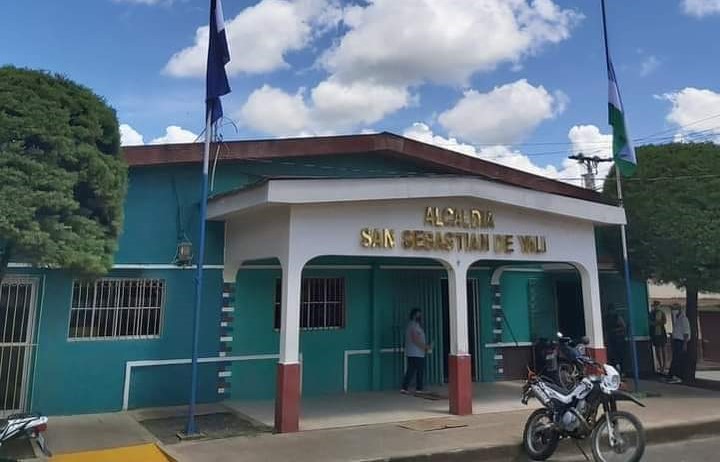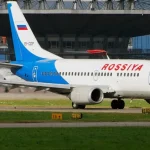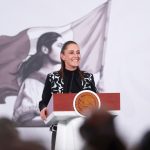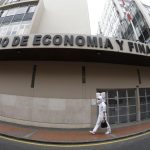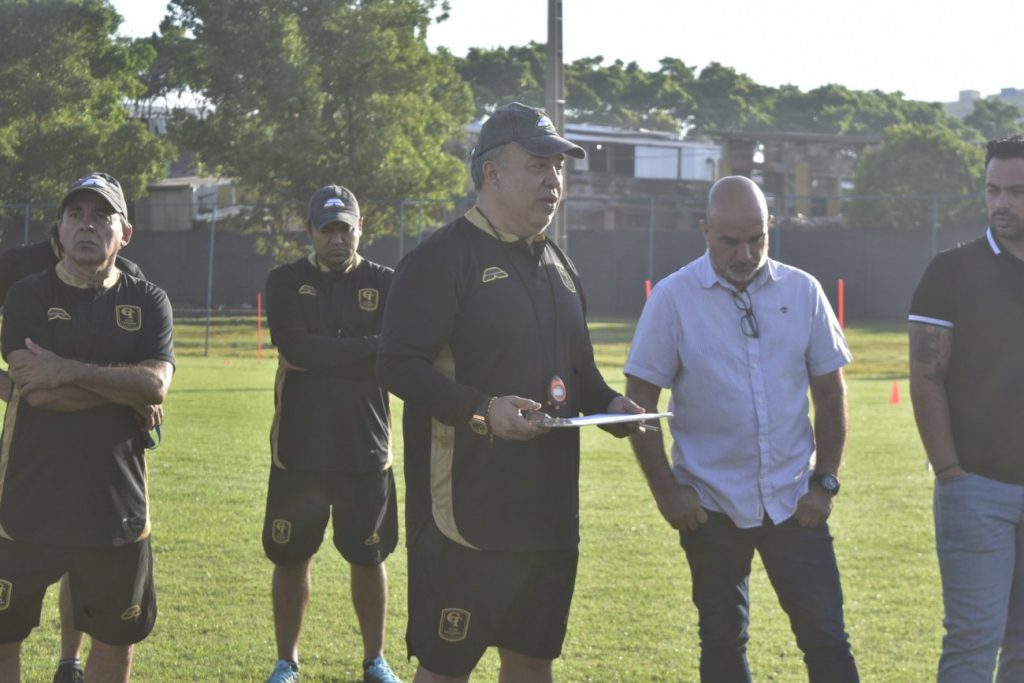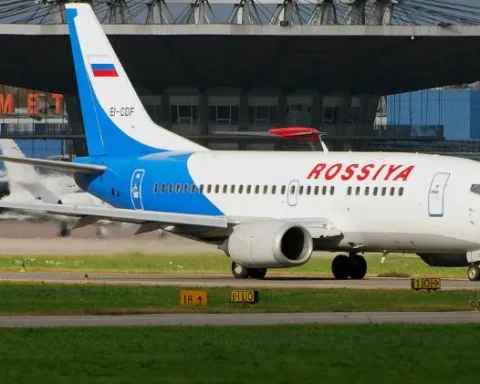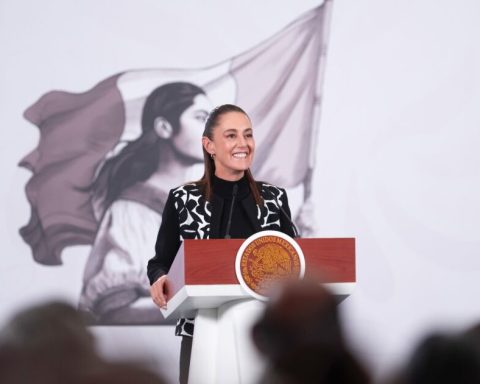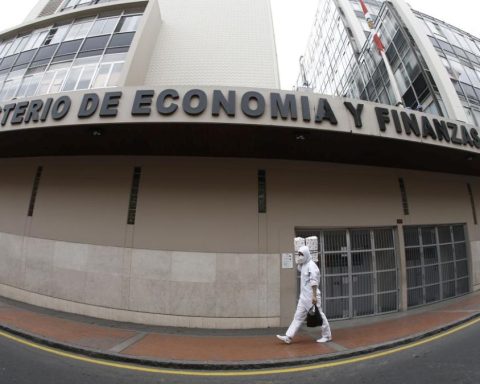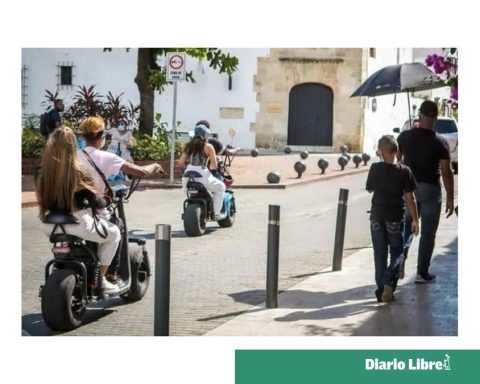Nine out of ten Nicaraguans consider that the municipal authorities exercise power arbitrarily in Nicaragua, according to a survey released this Wednesday by the multidisciplinary observatory Urnas Abiertas.
“Nine out of ten Nicaraguans consider that the exercise of local power and decision-making is carried out arbitrarily in municipal governments,” according to the Urnas Abiertas study, made up of a team of Nicaraguan experts in politics and economics.
The observatory explained that the perception of those surveyed corresponds to the five pillars on which, according to its experts, the current power in Nicaragua rests.
“The rupture of the democratic order, the perpetuity in power of Daniel Ortega (president of Nicaragua) and the Sandinista National Liberation Front (FSLN), the co-optation of the State, the construction of a system of family government, and the crimes against humanity,” he noted.
The survey was released the same day that the Supreme Electoral Council (CSE) officially received the ballots that will be used in the municipal elections on November 6.
The study was based on documentary research and a telephone survey applied last July to 773 Nicaraguan citizens of voting age, in 143 of Nicaragua’s 153 municipalities.
Related news: Open Ballot Boxes considers the possibility of “integrity and legitimate” municipal elections in Nicaragua null and void
In the analysis of the results of the survey and the documentary investigations, Urnas Abiertas pointed out that “the real power is exercised mainly by the political secretaries of the FSLN, on some occasions they are the mayors themselves.”
In the case of political secretaries, in some cases, they hold more power than municipal authorities, he pointed out.
POWER OF POLITICAL SECRETARIES OF THE FSLN
The political secretaries of the FSLN do not necessarily come from the municipalities in which they operate, but rather are people who “have the confidence of higher-ranking operators, and have the power to subjugate the local authorities themselves,” he added.
Open Ballot Boxes accused the Sandinista political secretaries of “promoting local corruption mainly through nepotism and influence peddling,” as well as exercising “totally vertical and authoritarian” power according to “the party structure of the FSLN” that “issues orders from the Executive power”.
Related news: UN denounces fraud and violation of rights in the Nicaraguan elections
“The population points out that the mayor’s offices financed paramilitary groups and shock forces in (the anti-government protests of) 2018,” the observatory said.
Another figure that stood out was that of the “super mayor”, referring to the mayors of departmental capitals who “move the ropes of power throughout the department (province), that is, in smaller municipalities.”
He stressed that the mayors have a “decorative figure” and the councilors do not have an important role, while municipal resources are used “in a discretionary manner for partisan purposes.
More than 3.7 million Nicaraguans, out of a total of 6.6 million inhabitants, are summoned to elect the mayors, deputy mayors and councilors of the 153 municipalities in the country.
The FSLN, which currently governs 141 municipalities, is expected to maintain or increase that number, given the outlawing of three opposition parties and the arrest of political leaders.
